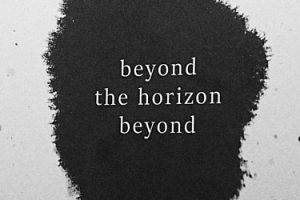I had the pleasure of meeting Kala Ramesh at Haiku North America 2017 in Santa Fe. Ramesh and Preethi Ramaprasad gave one of the most memorable performances at the conference, a combination of Indian classical dance and haiku.
Ramesh works a similar magic in her collection of haiku and haibun, beyond / the horizon / beyond. As she writes in the Preface, “This is the journey of my cultural memory.” The same could be said of the old masters of Japanese haiku, but her culture is contemporary India, and her memories are those of a woman, mother, and artist.
Ramesh explains how the five elements of ancient Indian philosophy relate to haiku:
“Ether (akash) is associated with sound. Air (vayu) with sound and touch. Fire (agni) with sound, touch, and sight. Water (jalam) with sound, touch, sight, and taste; and finally, Earth (prithvi) is associated with sound, touch, sight, taste, and smell. I got goosebumps when I read this the first time. It seeemed to fit haiku so well, and it gave me a grip over the way both my interior and exterior worlds worked in my writing.”
The haiku in the book are arranged in sections that correspond to these five elements. The poems have different styles and moods and convey a sense of daily life in India, along with more rarefied moments.
Some sample haiku:
deep in raga
sudden applause
startles the singer
breastfeeding ...
was the fragrance of champa
also born of a dream
male gaze:: the female in me squares up her arms
foreign country
the maid and I
keep smiling
narrow road
the clash of umbrellas
as we near the Buddha
in the darkness
of the womb, a life swims
into my life
fish fish
mountain stream popping
ice cream season
I must have been
a dog once
night songs
gathering oneness
a wolf's howl
beyond / the horizon / beyond (Vishwakarma Publications, Pune: 2017) is available now. For more information about Kala Ramesh, see her profile.

